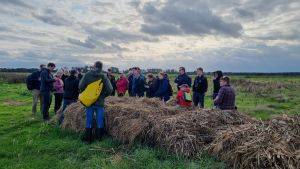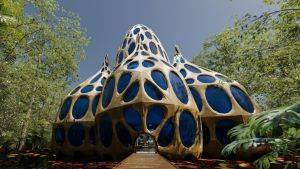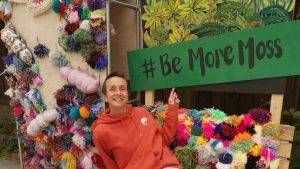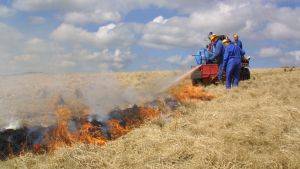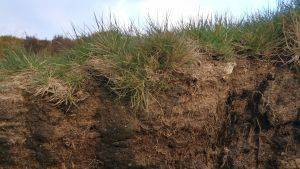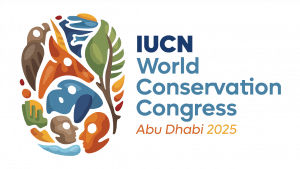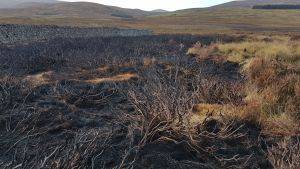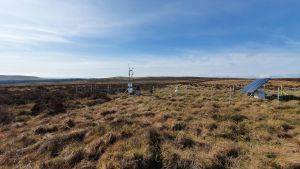Yorkshire Peat Partnership has now flown its UAV over 23 sites covering 7,900ha and developed a range of approaches for analysing the subsequent data. With the addition of the two new UAVs and training six new pilots in the New Year, the programme will be able to substantially increase the amount of UAV flying they can do.
The programme is also developing a number of satellite-based monitoring tools and gaining significant experience using their Big Yellow Box to monitor Greenhouse Gas emissions. As a result they are planning to trial a not-for-profit consultancy service (all the income made will go back into the peat restoration programme) from Spring 2018 offering UAV, satellite and field-based greenhouse gas monitoring for peatland and other similar projects.
If you are interested in using this consultancy service please get in touch with Tim Thom at Yorkshire Wildlife Trust in the New Year to discuss what might be possible. The team is particularly interested in work on sites during April to September - the months where the programme has limited access to the grouse moors they work on to restore, due to grouse nesting and shooting seasons.
Tim Thom (tim.thom@ywt.org.uk)


